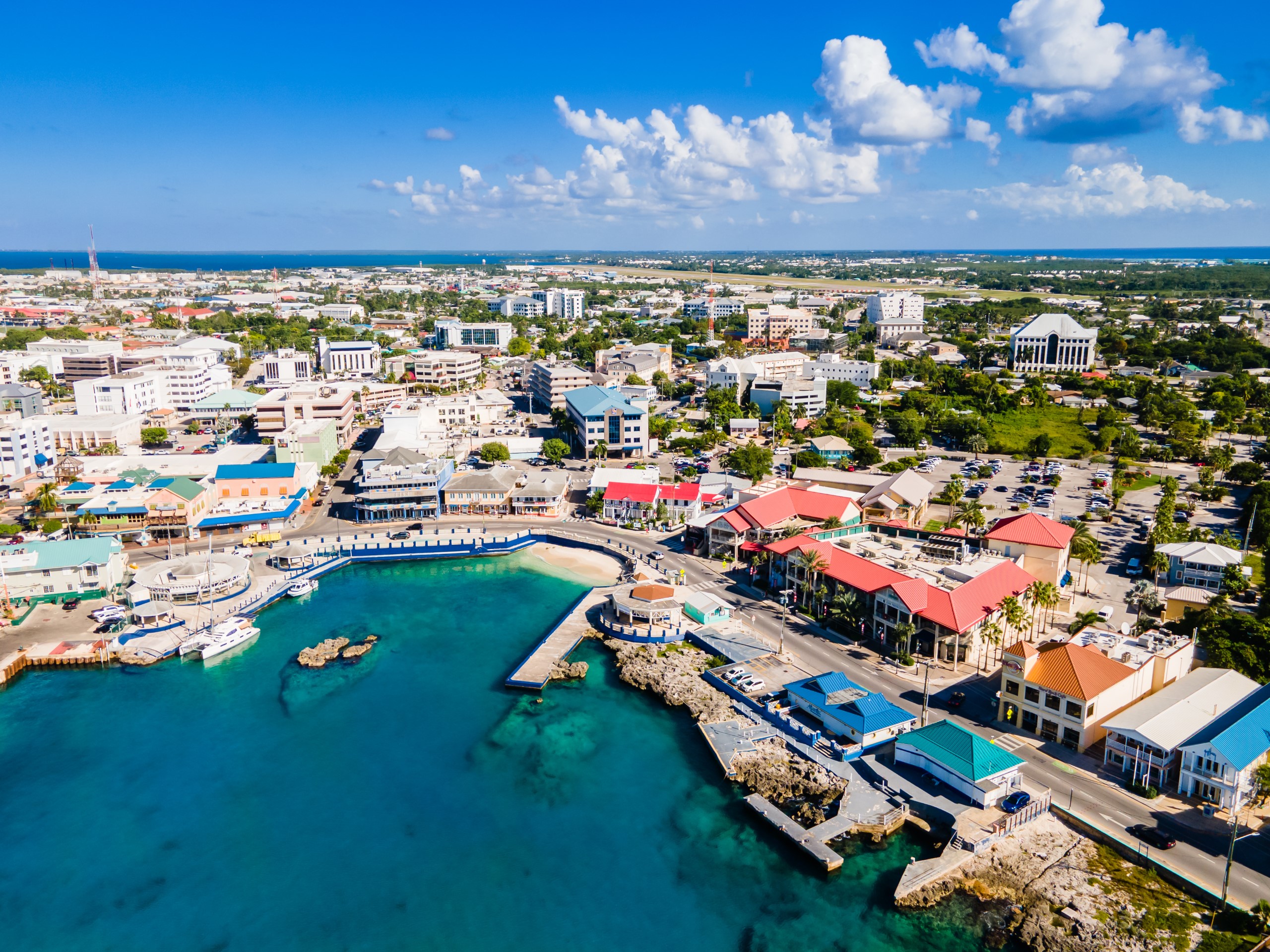
Renewable
Energy
Our Goal: 70% renewable energy by 2037
The goal has been outlined by the National Energy Policy for the Cayman Islands to achieve 70% renewable energy by 2037. How? By working with the Regulator, we are proposing, large scale and customer sited solar, integrating cutting-edge battery storage and transitioning from diesel to liquified natural gas (LNG).
POWERING TOMORROW, TODAY
At CUC, we are committed to utilising energy sources that will shape our future, reduce our carbon emissions and provide cost savings for our customers. Join us on this journey towards a greener, more sustainable Cayman Islands.
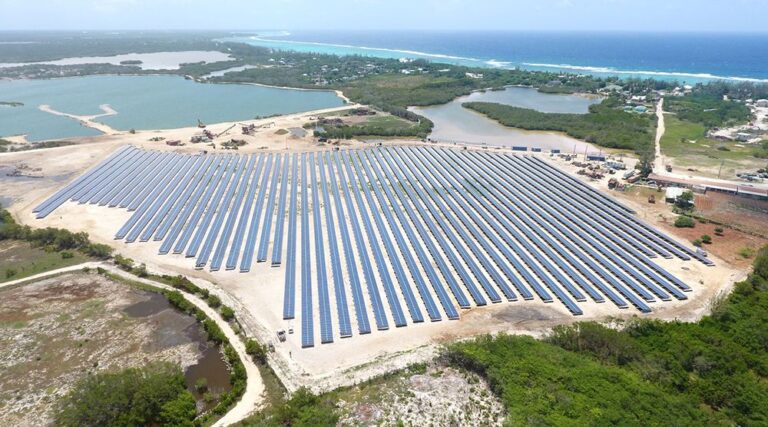
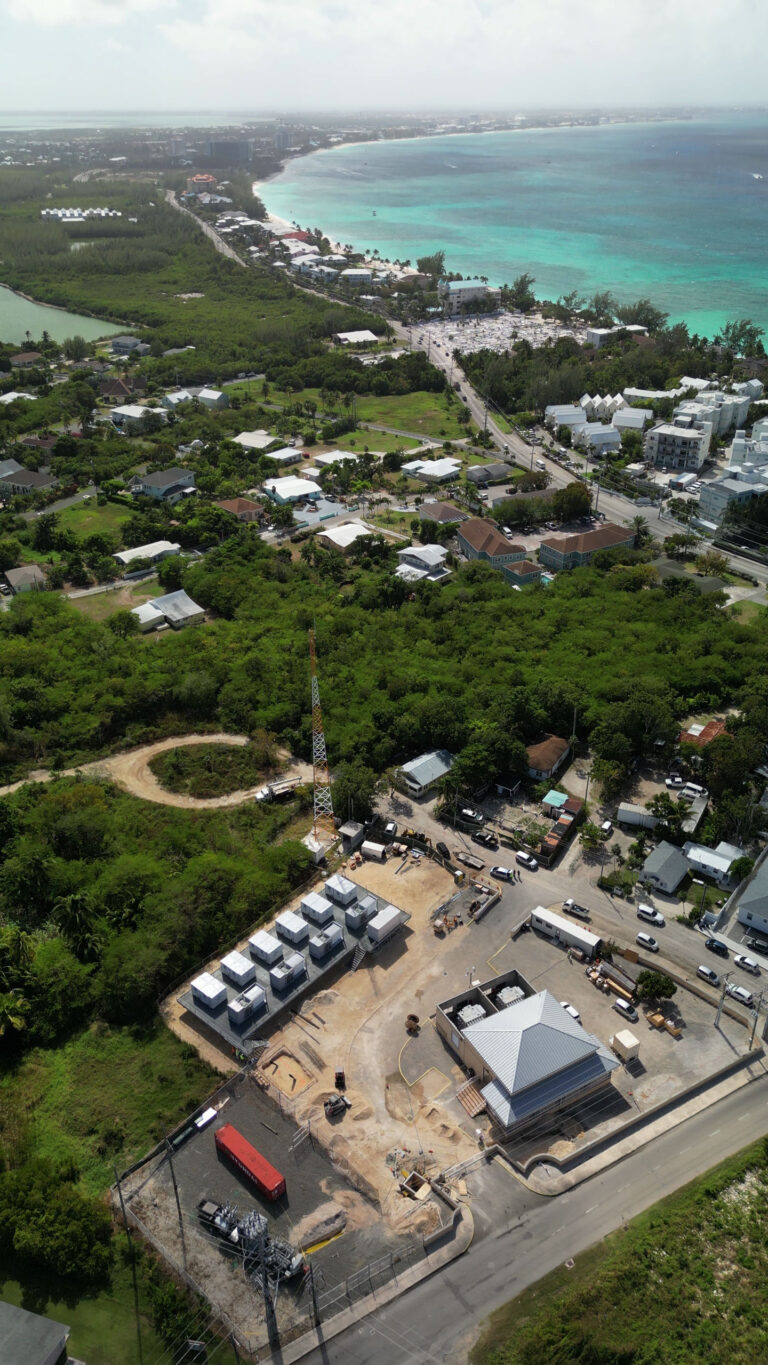
Annual Sustainability
Report
Our Annual Sustainability Report summarises CUC’s sustainability performance and when available provides data for the preceding years. CUC intends to report sustainability KPI’s annually and produce a sustainability report every two years. Click to download any of the following reports.
2025 Sustainability Report 2024 Sustainability Report 2023 Sustainability Report 2022 Sustainability ReportGreen Financing Framework
To advance the Company’s sustainability objectives, a Green Financing Framework has been established. This framework enables the issuance of Green Bonds, Loans, Commercial Paper, and other financial instruments.
2025 Green Financing Report 2024 Green Financing Framework 2024 Second Party Opinion 2024 Press Release
CARBON REDUCTION
Emission-Free, Future-Forward
By 2037, we are committed to reaching the goal of the National Energy Policy of 70% of our energy from renewable sources. We are implementing strategies that not only reduce emissions but also transform the way we power our community.
Reducing our carbon footprint is not just a goal; it is our responsibility. Through innovative programmes and cutting-edge technologies, CUC is at the forefront of the battle against emissions. Together, we are creating a cleaner, more vibrant Cayman Islands.
Our goal: 70% renewable energy sources by 2037.

STORIES AND DATA
Explore the tangible impacts of CUC’s efforts to reduce carbon footprints. From quantifiable data to inspiring success stories, we are transparent about our progress. Join us in this journey towards a more sustainable future.
STORIES AND DATA
Steadfast Steps Towards a Sustainable Future
At CUC, we believe in progress that propels us towards a cleaner, more sustainable future. Here is a glimpse into the ongoing projects that are shaping our journey:
Utility-Scale Solar Powering Progress
Milestones and Current Status:
CUC is making strides towards sustainability with our recent certificate of need submission. Our submission calls for 100 MW (Megawatts) of utility scale solar plus battery storage and 36.1 MW of thermal power. At CUC we are committed to reaching our goal of 70% renewable energy by 2037.
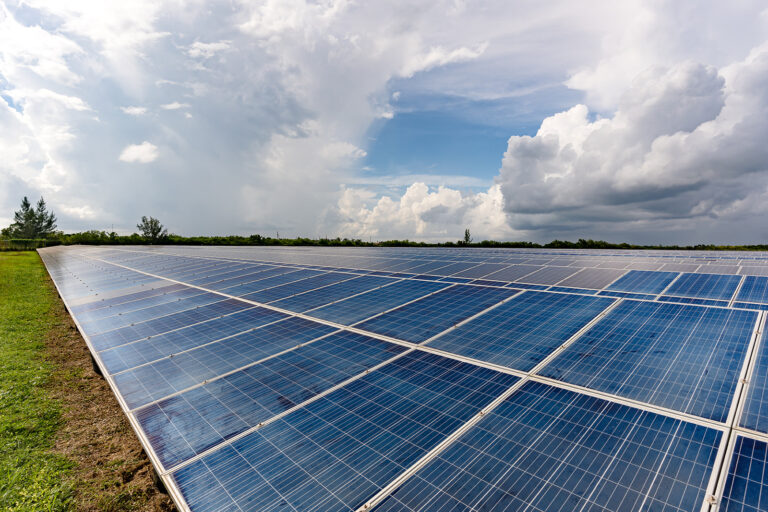
Large-Scale Battery Project:
Energising Innovation
Milestones and Current Status:
CUC has implemented battery storage solutions to assist with energy storage. Our commitment to sustainable energy extends beyond the sun. Discover how our large-scale battery projects are revolutionising the way we store and distribute clean energy.
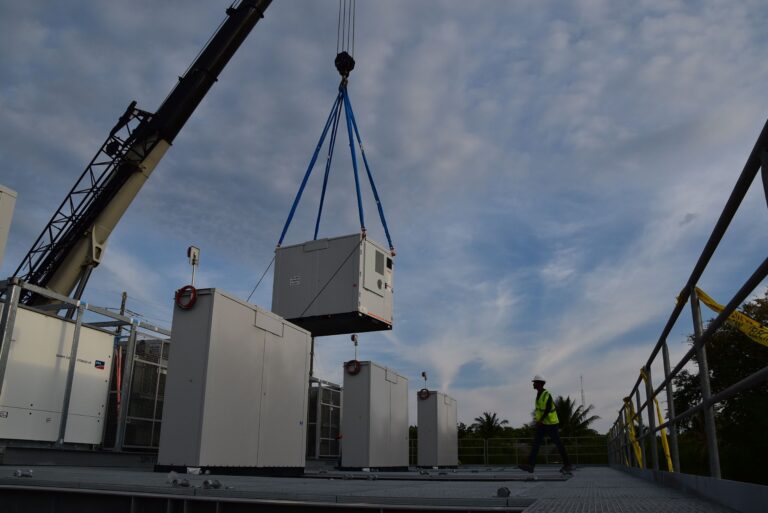
Street Lights: Illuminating a Sustainable Path Forward
Milestones and Current Status:
Safety on the roads at night is being enhanced. That is because CUC, in collaboration with the National Roads Authority (NRA), launched a project in 2018 to replace all of its street lamps with LEDs (Light Emitting Diodes).
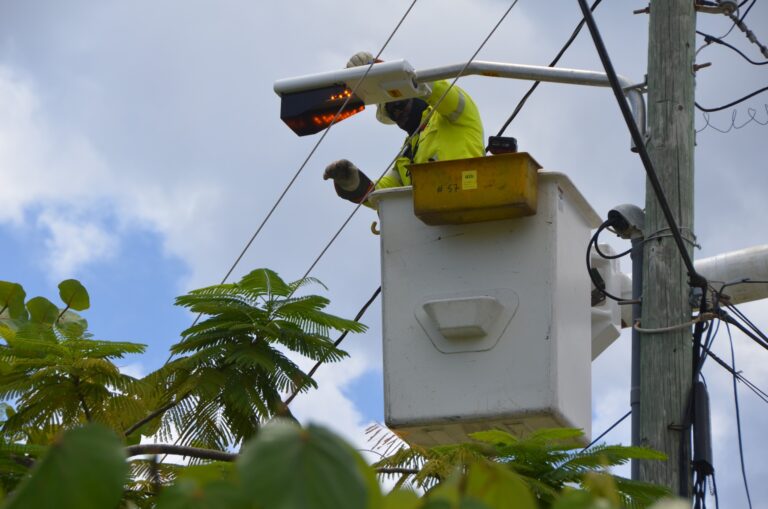
LNG Procurement Strategy: Fuelling Change
In our pursuit of a cleaner future, CUC is seeking to transition from diesel to natural gas. This move is not just prudent; it is in the best interest of our customers. LNG will significantly reduce greenhouse gas emissions and allow for more stable costs for our customers. Learn more about our LNG procurement strategy below.
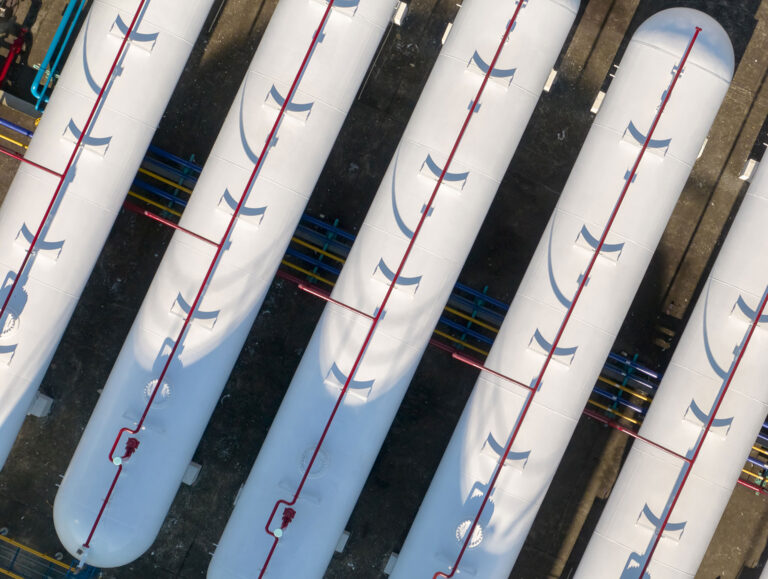
IMPORTANCE
Why LNG is Important to Reducing Emissions
Carbon dioxide (CO2) emissions from natural gas combustion are approximately half that of coal, making it a cleaner energy option. It also produces around 40% less CO2 per unit of energy during combustion than diesel.
This energy profile positions LNG as a crucial transition towards cleaner energy sources.
DIESEL
LNG
CARBON REDUCTION
Overcoming Challenges
By 2037, we are determined to achieve a 70% reduction in greenhouse gas emissions. We are implementing strategies that not only reduce emissions but also transform the way we power our community.

A Brighter Future, Together
Our commitment to the community is not just a corporate target; it is the essence of who we are. By fostering employee voluntarism and supporting youth-related activities, we are lighting the way for Cayman’s future.
SUSTAINABILITY
Our Streets are About to Get a Whole Lot Greener
In the newest iteration of the National Energy Policy (NEP), the target for EVs is defined as:
- +30%light-duty new vehicle sales from electric + vehicles by 2030 and 100% by 2045
- +30%medium and heavy-duty new sales from electric vehicles by 2030 and 100% by 2050
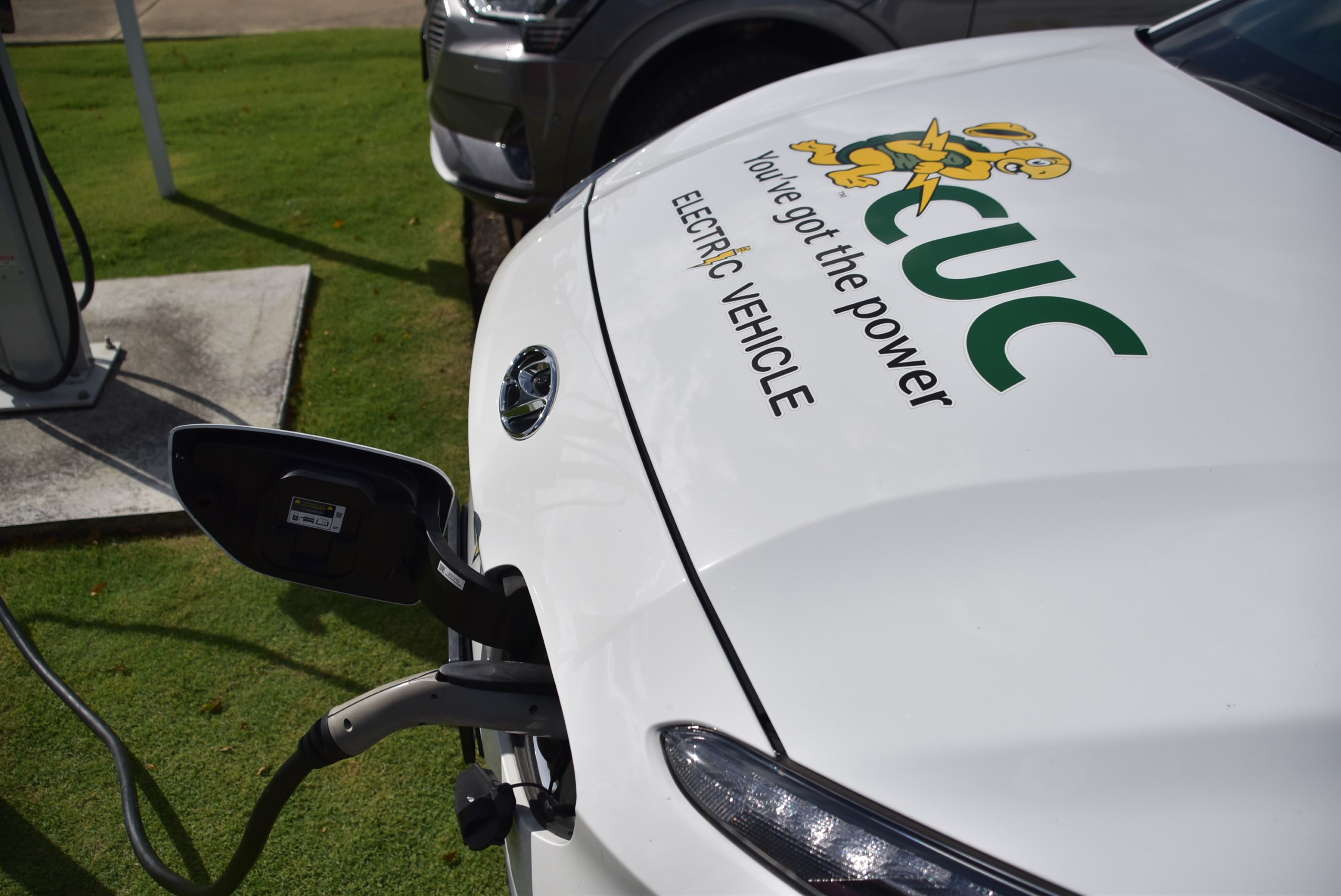
Charging Ahead:
EV Stations
Infrastructure development is key to driving consumer adoption of electric vehicles. We are taking the lead by installing publicly accessible charging stations. Discover how these stations are paving the way for a future where electric vehicles are the norm.
More About EVsELECTRIC VEHICLES
Public Sector
Collaboration
Climate Change Policy:
Shaping Our Future
The Cayman Islands Climate Change Policy (2023-2040) is our compass towards a climate-resilient future. Explore how this policy is guiding our decision-making process and aligning our targets, metrics, and strategies with a climate action-oriented focus.
National Energy Policy (NEP) Revision: Powering Progress
The NEP sets the framework for stakeholders, including CUC, to reduce GHG emissions and lower the carbon footprint of the Cayman Islands. Discover how this policy is shaping the energy sector and driving progress towards a sustainable future.